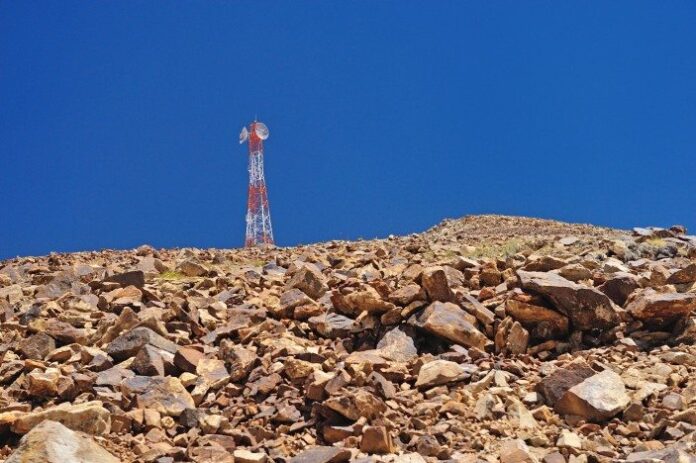Indian telcos band together to address dropped calls
Dropped calls are becoming an increasing problem for Indian telcos, leading operators to band together in calling for a universal national policy to address the issue.
Top telco executives from a dozen Indian operators gathered for a press conference to address the country’s dropped call problem, claiming the issue is due to inadequate investment in the telecom industry.
Himanshu Kapania, managing director at Idea Cellular, said that 70,000 tower sites were activated from January to July of 2015.
“To grow in voice and data services, India needs another 100,000 towers over the next 24 months,” Kapania added.
According to Kapania, Indian operators have jointly invested $22.4 billion since the beginning of 2014.
In an effort to get everyone on the same page, the Indian operators are urging the state government to implement guidelines laid out by the the country’s Department of Telecoms in all Indian states. They also want the Telecom Enforcement, Resource and Monitoring body of the state to protect the telcos against coercive action on cell sites.
“Telecommunications is a public utility service and has emerged as the backbone of the country in times of peace and crisis,” said Rajan S. Mathews, COAI director general. “However, challenges posed by the actions of local authorities across the country act as a hindrance to the further growth of the industry and will act as an obstacle to providing seamless connectivity to the subscribers.”
The Indian government has been busy with many issues related to standardizing and increasing the efficiency of the telecom industry. Recently, it cracked down on illegal towers, compounding the dropped call issue.
“The network issue has been there for the past few months, but call drops have become very frequent in the past few weeks,” said Vivek Singh, a resident of Lajpat Nagar.
Officials were sympathetic to the continuous call drops that residents were experiencing, but claim they are helpless to fix it.
“All these towers are unauthorized. These were installed without seeking any approval from the corporation,” said a senior official of the west zone. “We are also facing the same problems.”
The government is working on guidelines to identify illegal telecommunication infrastructure. Earlier this month, they also approved spectrum sharing among mobile operators.
The guidelines detail the price that can be paid to access airwaves. Per the agreement, if an operator pays more than its spectrum partner, the partner that paid less will be required to equalize the value of frequencies.

